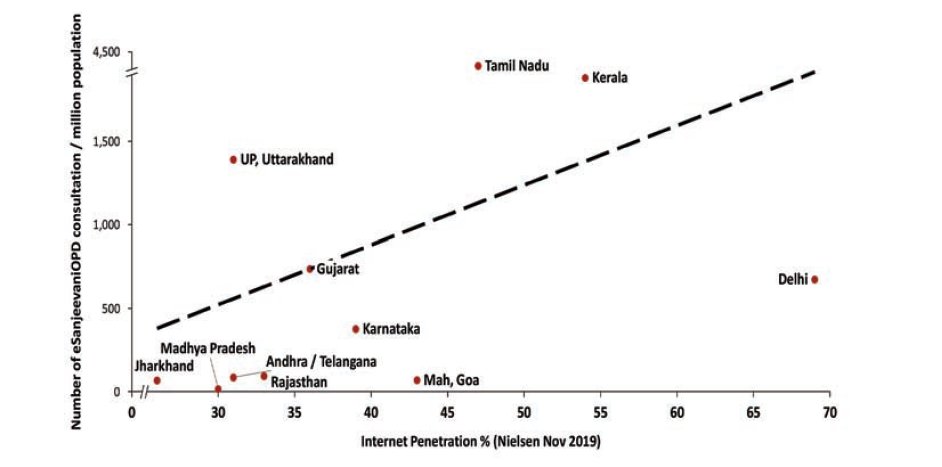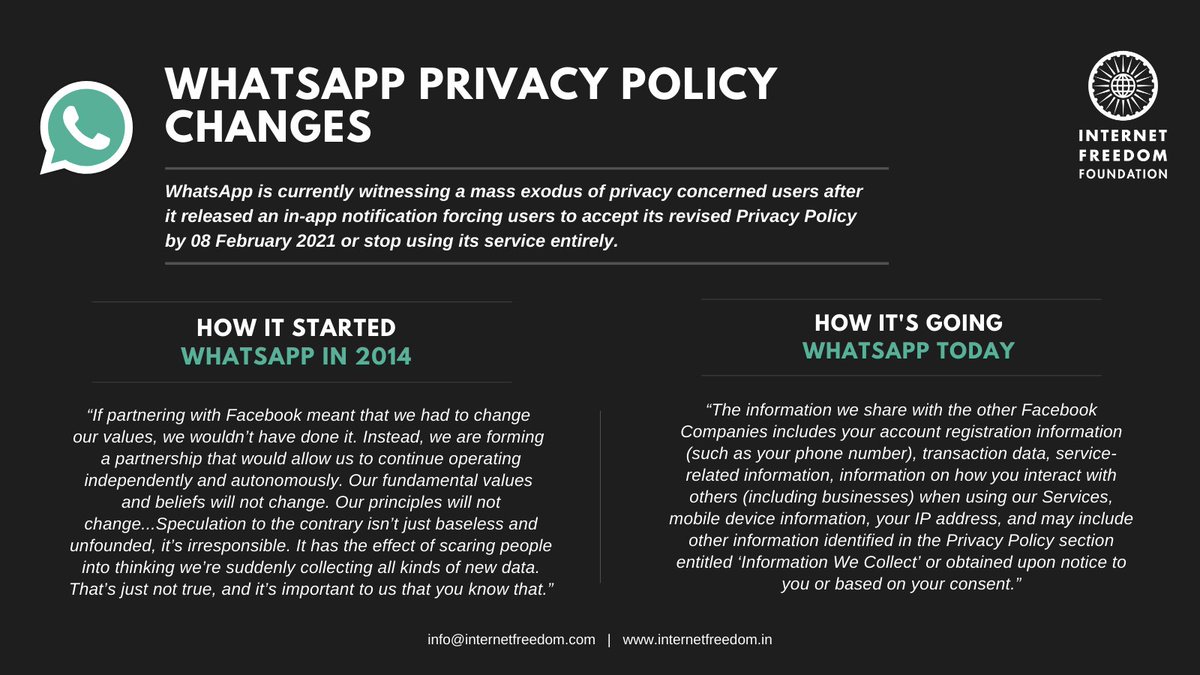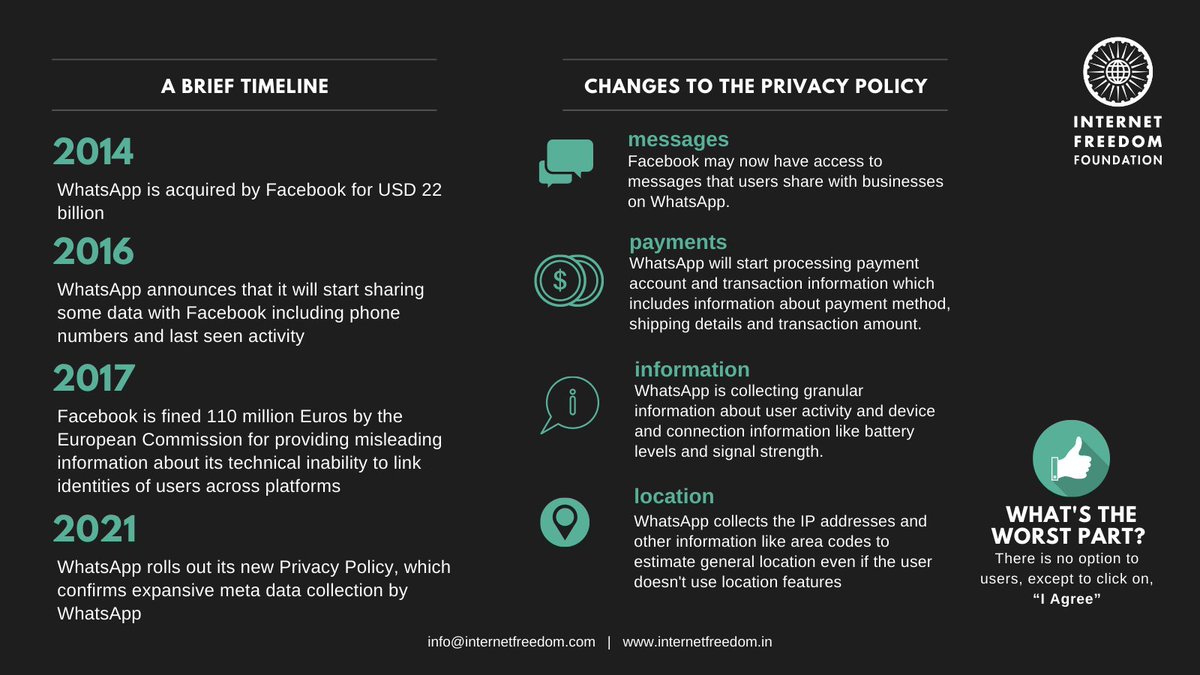
Thread✍🏽
The #EconomicSurvey2021 was presented in the Parliament yesterday.
We read it and extracted key takeaways on digital rights issues across sectors.
Read here -->
1/n
internetfreedom.in/economic-surve…
The #EconomicSurvey2021 was presented in the Parliament yesterday.
We read it and extracted key takeaways on digital rights issues across sectors.
Read here -->
1/n
internetfreedom.in/economic-surve…
Health⚕️
It recognises the privacy risks of indiscreet tech application. However, National Digital Health Mission data is cited as a plausible solution for information-related failures.
(Read our explainer on UHID and concerns surrounding it): internetfreedom.in/health-id-rule…
2/n
It recognises the privacy risks of indiscreet tech application. However, National Digital Health Mission data is cited as a plausible solution for information-related failures.
(Read our explainer on UHID and concerns surrounding it): internetfreedom.in/health-id-rule…
2/n
Health⚕️
It recognizes that the success of telemedicine critically hinges on Internet connectivity and health infrastructure.
The number of telemedicine consultations correlates strongly with Internet penetration in states.
3/n

It recognizes that the success of telemedicine critically hinges on Internet connectivity and health infrastructure.
The number of telemedicine consultations correlates strongly with Internet penetration in states.
3/n


Innovation💡
We are underperforming here. India is a negative outlier in terms of GDP; we have low gross domestic expenditure on R&D.
Given the size of our economy, this is a significant finding.
Read our recent analysis of the STI policy draft: internetfreedom.in/stipolicycomme…
4/n

We are underperforming here. India is a negative outlier in terms of GDP; we have low gross domestic expenditure on R&D.
Given the size of our economy, this is a significant finding.
Read our recent analysis of the STI policy draft: internetfreedom.in/stipolicycomme…
4/n


The importance of supply of essential public goods like water, sanitation, transport, medical care, schools by the govt is emphasized.
The Survey indicates progress in improving internet access, but IFF believes that this access should be a component of ‘basic necessities’.
5/n
The Survey indicates progress in improving internet access, but IFF believes that this access should be a component of ‘basic necessities’.
5/n
Education✏️
There is a clear focus on Digital Education through smart classrooms, DTH channels, and ICT infrastructure.
Online education in India is marred by a digital divide. The survey recognizes this, citing several initiatives that seek to bridge the divide.
6/n
There is a clear focus on Digital Education through smart classrooms, DTH channels, and ICT infrastructure.
Online education in India is marred by a digital divide. The survey recognizes this, citing several initiatives that seek to bridge the divide.
6/n

The Survey accords data commoditization a higher priority than the safeguarding of digital rights.
It does acknowledge the harm of unregulated private enterprises in the health sector, but the problem runs much deeper - we still don't have a data protection legislation!
7/n
It does acknowledge the harm of unregulated private enterprises in the health sector, but the problem runs much deeper - we still don't have a data protection legislation!
7/n
Want to continue receiving updates about your digital rights? Help us continue our work and join us on our mission by donating to us today!
internetfreedom.in/donate/
internetfreedom.in/donate/
• • •
Missing some Tweet in this thread? You can try to
force a refresh





